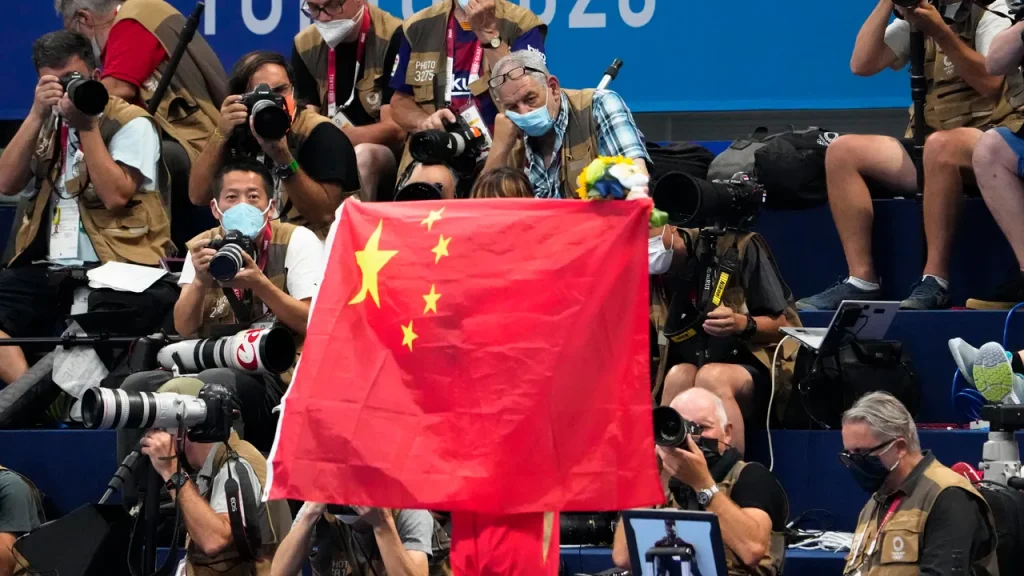The World Anti-Doping Agency (WADA) recently ruled that 23 Chinese swimmers were allowed to compete in the 2021 Tokyo Olympics despite testing positive for a banned substance. The WADA concluded that the athletes were inadvertently exposed to the substance through contamination, a claim initially raised by the Chinese Doping Agency. This incident is just one in a series of performance-enhancing drug (PED) scandals that have plagued the Olympics over the years. Dr. Aaron D’Souza, founder of the “Enhanced Games,” has positioned his upcoming Olympic-styled event as a fair alternative to the traditional games, where PEDs are allowed and athletes are closely monitored by doctors for safety.
D’Souza believes that the Enhanced Games represent the epitome of fairness in sports, with a focus on transparency and effective drug testing. He views the coexistence of the natural talent celebrated in the Olympics and the enhanced performance showcased in his event as a complementary solution that allows for a range of athletic abilities to be honored. In light of the recent scandal and the inefficacy of the current anti-doping regime, D’Souza is calling for overdue reforms to the system. He is inviting organizations such as WADA, USADA, and the IOC to support the creation of a parallel system that embraces innovation and protects the integrity of sports.
Prior to the controversy surrounding the Chinese swimmers, the WADA had received a tip from the U.S. Anti-Doping Agency in 2020 regarding allegations of doping cover-ups in China. Despite this early warning, USADA did not provide further evidence to support the claims. The WADA conducted a thorough review of the case and ultimately found no concrete basis to challenge the contamination defense put forth by the Chinese Doping Agency. Despite the cloud of suspicion surrounding Chinese athletes, the 30-member swim team was able to secure six medals, including three golds, at the Tokyo Olympics.
As the sporting world grapples with the aftermath of the PED scandal in Tokyo, there is a growing call for greater accountability and transparency in anti-doping efforts. The controversy has shed light on the challenges of maintaining a level playing field and upholding the integrity of competition in international sports. D’Souza’s proposal for a parallel system that allows for both natural and enhanced athletic performances may offer a novel approach to addressing some of these longstanding issues. The debate over the use of performance-enhancing drugs in sports is likely to continue as stakeholders strive to find a balance between fairness, safety, and innovation in athletic competition.


